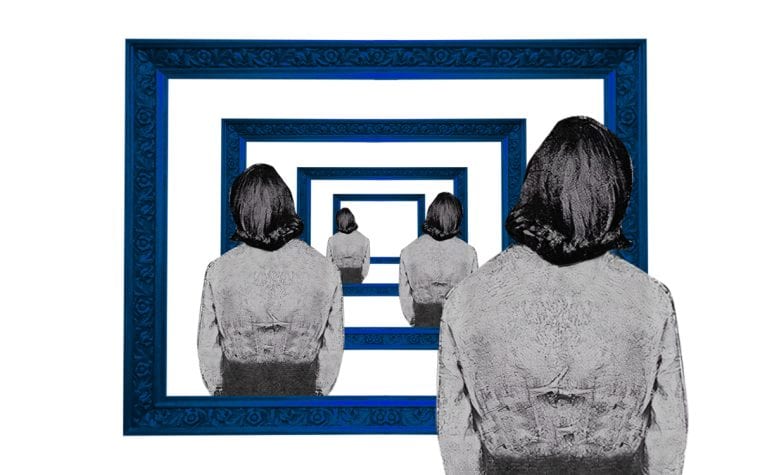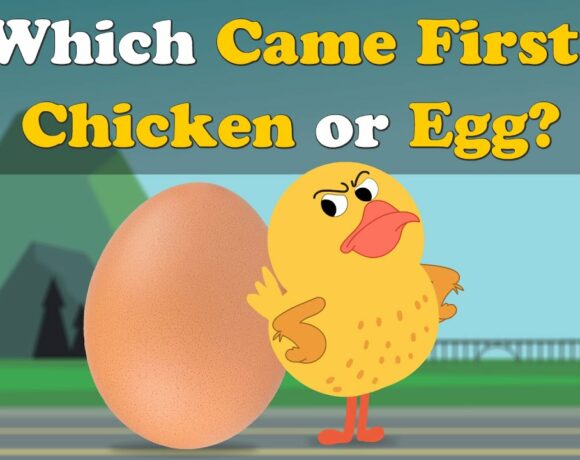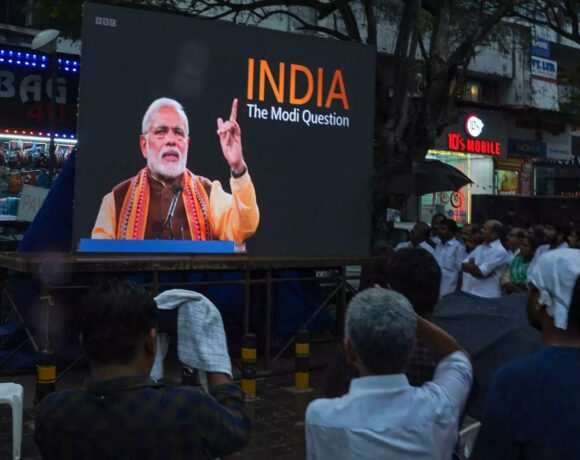Déjà Vu: A Glimpse Into The Uncanny World of Repetitive Experiences

Have you ever experienced a strange sense of familiarity while encountering a situation or place for the first time? That eerie feeling of déjà vu, which translates to “already seen” in French, can be a puzzling and thought-provoking experience. In this blog post, we will delve into the fascinating phenomenon of déjà vu, exploring its possible explanations, theories, and the implications it holds for our understanding of the human mind and consciousness.
- Defining Déjà Vu: Firstly, we need to establish what déjà vu is and how it manifests. Déjà vu refers to the sensation of having already experienced a current situation, despite it being new or unfamiliar. It is often described as a brief, fleeting moment where reality seems to align with a past memory, creating a disorienting sensation of temporal overlap.
- Explanations and Theories: a) Memory-related theories: Some researchers propose that déjà vu occurs when there is a discrepancy or miscommunication between different memory systems in the brain. This theory suggests that the feeling of familiarity arises from a subconscious memory activation, tricking our brain into thinking we have encountered the current situation before.
b) Neurological explanations: Another perspective explores déjà vu as a result of a slight delay in the neural processing of incoming sensory information. This delay creates a momentary confusion in the brain, leading to a sense of repetition or familiarity.
c) Dual-processing hypothesis: According to this hypothesis, déjà vu arises when there is a temporary conflict between conscious and unconscious processing. It suggests that our unconscious mind may be quicker at recognizing a situation than our conscious awareness, leading to a feeling of familiarity before the conscious mind catches up.
- Variations of Déjà Vu: Déjà vu is not a one-size-fits-all experience. There are various subtypes of déjà vu that offer different perspectives on this phenomenon. Examples include déjà vécu (already lived), déjà senti (already felt), and déjà visité (already visited). Exploring these variations can provide insights into the complexity and diversity of repetitive experiences.
- Déjà Vu and Memory: Déjà vu’s relationship with memory is a captivating aspect to explore. Some studies suggest that déjà vu may be linked to false memories or overlapping memory networks. Understanding this connection can shed light on how our memories shape our perception of reality and how they can occasionally deceive us.
- The Mystical and Metaphysical: Déjà vu has often been associated with metaphysical or paranormal explanations. Some individuals perceive déjà vu as a glimpse into a past life, an encounter with parallel dimensions, or even a sign of psychic abilities. While these interpretations lack scientific evidence, they contribute to the mystique and intrigue surrounding déjà vu.
- Déjà Vu in Popular Culture: Déjà vu has captured the imagination of artists, writers, and filmmakers. Exploring how déjà vu is portrayed in popular culture can offer a glimpse into its impact on society’s collective consciousness. From movies like “The Matrix” to literary works like “Murakami’s Hard-Boiled Wonderland and the End of the World,” déjà vu serves as a rich source of inspiration and storytelling.
Déjà vu continues to be a captivating and enigmatic phenomenon that fascinates scientists, philosophers, and individuals alike. While we are still unraveling its mysteries, the exploration of déjà vu takes us on a journey through the intricate workings of memory, perception, and consciousness. As we delve deeper into this uncanny world of repetitive experiences, one thing is certain: déjà vu will continue to spark curiosity and leave us pondering the nature of our reality.
Picture Courtesy: Google/images are subject to copyright








